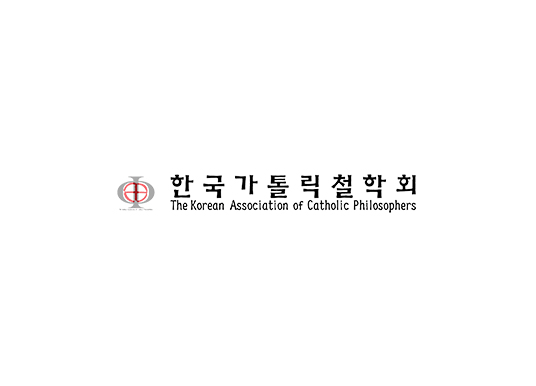찰스 테일러 철학에서의 자기와 초월
Self and Transcendance in the Philosophy of Charles Taylor
김헌중
군산대학교
가톨릭철학
2024, vol., no.42, pp. 105-145 (41 pages)
한국가톨릭철학회
1. 서론 : 자기, 그리고 세속화
2. 세속화된 세계와 자기
3. 선과 자기
4. 초월과 종교
5. 결론을 대신해 : 근접의 초월과 포스트–세속에 대한 단상
초록
이 글은 세속화된 시대에 어떻게 초월이 가능한지를 검토하기위해서 쓰여졌다. 그래서 이 글은 특히 세속의 시대 (A Secular Age)에서 나타난, 찰스 테일러(Charles Taylor)의 자기에대한 사유를 중심으로 세속화된 시대에서의 초월의 가능성을 생각해보려고 할 목적으로 작성되었다. 그런 연유에서 이 글은 자기를 중심으로 초월의 가능성을 생각해보기 위해서 다음과 같이구성되어 있다. 먼저 이 글은 테일러가 세속화의 다양한 의미들중 신앙이 개인의 선택이라는 의미에서의 세속화에 가장 큰 관심을 기울이고 있다는 점을 언급했다. 그리고 그러한 세속화가 세계의 탈주술화와 완충된 자기로 인해서 추동되었다는 점을 보여주는 것에 주력했다. 다음으로 테일러가 완충된 자기가 내재성의불안에 시달린다는 점을 언급하며, 그 불안을 극복해야 함을 주장한다는 점을 말했다. 그리고 테일러가 내재성의 불안을 극복하기 위해서 초월을, 특히나 자기에게 가능한 윤리적 초월을 제시하고 있다는 점을 이야기했다. 마지막으로 이 글은 테일러가 이러한 초월을 이야기하는 것에 있어서 종교의 중요한 역할을 강조하고 있음을 언급했다. 특히 테일러가 착한 사마리아인의 이야기를 통해서 세속화된 시대에도 여전히 윤리적 초월을 말하고 있다는 점에 주의를 기울였다. 다시 말해서, 이 글은 테일러의 사유가받아들여진다면, 세속화된 시대에 과거의 초월과는 다른 “근접의초월(transcendence of nearness)”이 가능하다고 말할 수밖에 없다는 점으로 마무리되었다. 그렇게 이 글은 현대에도 초월이 가능하다는 점을 보여주려고 노력했고, 그 초월이 근접의 초월이라고 말하는 것에 주력했다.
This article is written to examine how in the secular age transcendence is possible; for this, this article focuses on A Secular Age of Charles Taylor, in which the philosopher thinks of the self from the perspective of transcendence. In this regard, first, this article shows that what interests Taylor most among various meanings of secularization is that it as an individual option consists in the condition of modern belief. And then that secularization as a condition of the option of belief emerges at the base of the disenchantment of the world and the birth of the buffered self. Furthermore, this article says that this buffered self suffers from the malaiseof immanence and that Taylor is tempted to overcome this malaise: that Taylor proposes transcendence, ethical transcendence, which for the self is indeed possible.
Finally, this article comes to think that religion or the lesson of religion plays a fundamental role in ethical transcendence: according to Taylor, in the secular age, transcendence is still possible, but this transcendence, even ethical, is what we can call it “transcendence of nearness”. This article tries to show that transcendence, possible in the modern age, is transcendence of nearness.

